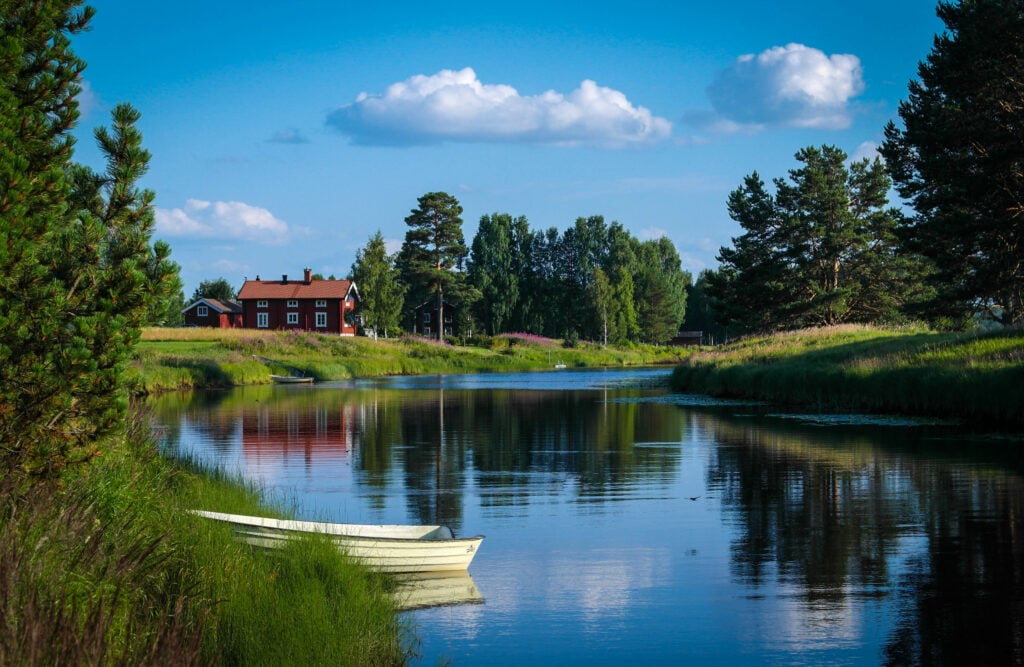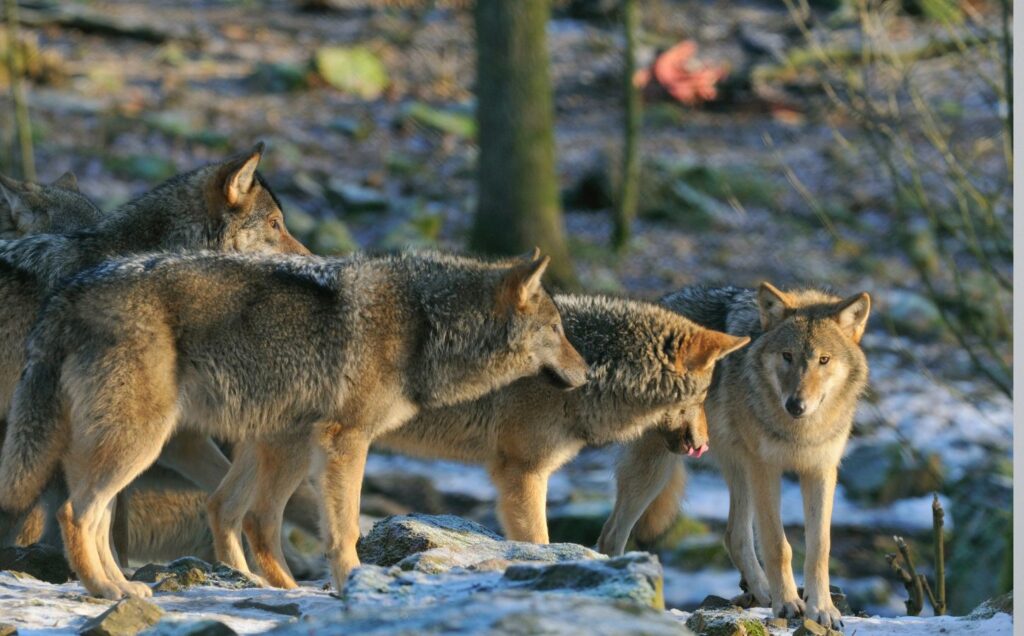Sweden recently gave the green light for professionals to embark on the largest wolf hunt in recent years, despite the species being endangered.
It is thought that, prior to the hunt, 460 wolves were living in Sweden, favoring wooded areas between Gävleborg and Dalarna. Authorities in Sweden considered this a risk and gave permission for experienced hunters to cull 75 of the animals.
“Hunting is absolutely necessary to slow the growth of wolves,” Gunnar Glöersen, predator manager at the Swedish Hunters’ Association, told local news outlet SVT Nyheter.
“The wolf pack is the largest we have had in modern times.”
Supporters of the wolf hunt claim that it maintains balance and protects animals. They cite sheep and domestic dogs as being vulnerable to attacks.

Sweden’s wolf population at risk of being wiped out in the hunt
Conservation organizations in the country have attempted to overturn the wolf hunting mandate but have been unsuccessful.
Groups used the Bern Convention as their main argument. An international treaty agreed upon in 1979, the convention seeks to protect both wildlife and their habitats. Actions to do so are taken in the name of conservation.
“Wolves as top predators in the food chain are a prerequisite for biodiversity. Killing a quarter of the population through hunting has negative consequences for animals and nature,” Marie Stegard, president of Swedish anti-hunting group Jaktkritikerna told the Guardian.
“It’s disastrous for the entire ecosystem. The existence of wolves contributes to a richer animal and plant life. Human survival depends on healthy ecosystems.”
Is public opinion on hunting in Sweden changing?
Wolf hunting has traditionally been an accepted and popular pastime in Sweden, but opinions appear to be shifting.
As a result of reduced acceptance for the destruction of wolves, the Swedish government is taking action. It reportedly asked its Environmental Protection Agency (EPA) to check its recommendations as per permitted animal population numbers.
Previously, the EPA stated that the wolf population should not fall below 300 for fear of irreparable species damage. However, this is being challenged by the Swedish parliament, which voted as a majority to reduce numbers to 170.
In contrast, conservationists want to see the 300-figure increase and claim that Swedish people would support the move.
“There is a large majority of Swedes who like wolves, even where they live,” Stegard said.
“In our opinion, the reason for these hunts are simply that there is a demand for shooting wolves among hunters. The hunters’ organizations have enormous power in Sweden.”






